Advertising agencies are dying, long live ad agencies

There is a palpable nervous in advertising land, as the agency landscape becomes more fragmented, complicated and confusing. Taking a step into the future, how will the agency landscape change?
More specialised agencies will encroach the market place. Iris Worldwide chief marketing officer, Europe, Claire Humphris, says this is due to various outputs that clients are having to produce are very varied. She explains: “One minute it might be a TV execution, the next minute it will be a retail experience which they'll also be asked to look at a digital transformationpiece that impacts on customer service and the way their products go to market.”
From a digital standpoint, Red Badger founder and chief executive officer, Cain Ullah, says that this space is in a constant flux and larger players are acquiring smaller ones. “Clients are also building their own capabilities,” he says. “Agencies are going to have to evolve and be ahead of the curve to stay relevant.”
As a result, the new business intermediary market place is growing and evolving as well. Steve Bell, founder and European chief executive officer of Iris says: “Most agencies now, are claiming to have real depth of specialism, in pretty much every discipline that is in the market place,” he explains. “You are now hearing of media agencies who are experts in creative work, or advertising agencies claiming to be experts in CRM or data strategies, making it really difficult for clients to work out who they should be working with.” He continues: “It will be critical for intermediaries and consultants to help navigate clients through this market place. Otherwise you will have very mediocre responses with agencies claiming to be experts in areas that aren't truly in their sweet spots.”
Big management consultancy companies are meanwhile nibbling away at the advertising agencies’ lunch. They are buying up agencies and setting up in-house competition. Ullah says agencies are now positioning themselves as “a more nimble, focused and highly talented alternative to the bigger organisations. They can provide tip of the spear innovation with 'A' teams deployed on client projects that the larger companies just can't provide as they are too large for everyone to be highly talented,” Ullah explains. “The smaller agencies are focused on providing value, can be less sales or revenue driven and have the capability to deliver successfully, much faster and an order of magnitude cheaper.”
Iris, on the other hand, adopted the boutique management consultancy, Concise in 2008. The management consultancies that are offering creative is reflective of how commoditised creativity and execution in different channels has become, expresses Humphris. “What clients need more than ever, is string strategic direction and people who understand how to solve the business problem. When the range of output or the number of solutions is more bewildering than ever, you need to get to the heart of the problem. What is it that is holding the business back?”
On paper, managing consultancies makes sense, says Bell. Bringing together the creative side of the industry that they work in, coupled with the rigour and data-led consulting approaches that a lot of the managing consultancies have, will bring huge benefits to clients, he adds. “It would be almost irresistible to clients. For me, it's as much about how these organisations integrate. We know this from first-hand experience after buying Concise nine years ago. It took us a few years to truly understand and appreciate the differences of how culturally managing consultancies in a creative agency actually operate.”
But what do clients want from agencies? Do they want to work with the big giants or is it small independent boutique agencies that are getting the attention? Ullah says that for many, the larger organisations are seen as the safe bet. “This is ‘Nobody ever got fired for choosing IBM’ behaviour. But this is generally because they don't know better. Choosing larger companies to work with incurs huge costs, is almost always slower and the end product is much worse.”
Clients are beginning to catch on to the fact that start-ups ‘care’ more about their business than the larger companies, Ullah continues. “They have much better capability to deliver and can provide the value that they need. This is why you are seeing clients choosing to work with often multiple smaller agencies that can provide specialist skills and approaches as an alternative to one large company.”
It’s not an either-or situation, adds Bell. The market is big enough for there to be success for boutique agencies and successful big networks. “The pendulum won't shift so far where it has to be a network or small boutique,” he explains. “What is very clear is that brands want specialism, they need them. Gone are the days of the small to medium sized agencies that can claim to be an expert or deliver a specialism for a client. What clients want is working with people that they like, trust and respect, but more importantly, that will take their brand forward.”
Source: Danielle Gibson, The Drum


